Solana: Ban to sanction EULEX if necessary
If the UN Security Council fails to take a decision to deploy the EULEX mission to Kosovo, then UN Sec.-Gen. Ban Ki-moon will do so, says Javier Solana.
Tuesday, 24.06.2008.
09:37

If the UN Security Council fails to take a decision to deploy the EULEX mission to Kosovo, then UN Sec.-Gen. Ban Ki-moon will do so, says Javier Solana. The EU foreign policy and security chief said that “the EU will notice“ that decision. Solana: Ban to sanction EULEX if necessary Unlike EULEX, according to NATO Secretary-General Jaap de Hoop Scheffer's comments in Pristina yesterday, KFOR’s role in Kosovo is completely clear. Responding to an observation from a journalist that Russia was insisting that the deployment of the EULEX mission could only be decided by the UN Security Council, Solana said that "that is a decision that should be taken by the UN Security Council, but, without a decision in the Security Council, the UN secretary-general will take a decision, and we’ll apply it.“ De Hoop Scheffer, on the other hand, said that the international forces were neutral on Kosovo’s status, and that they would continue to operate in line with their powers stemming from Resolution 1244. “KFOR is here, it’s here to stay. KFOR has a mandate and the necessary troops, and, if necessary, KFOR has reinforcements,“ was the key message to the Kosovo media and leadership of de Hoop Scheffer’s meeting with journalists. NATO made it clear that in spite of the changes to the structure of the international civil presence in Kosovo and the promulgation of the Kosovo constitution, there would be no changes to the mandate of the peacekeeping mission. "For the time being, and probably in the near future, KFOR will retain its presence in Kosovo, and there is no reason to reduce that level,“ said the NATO chief. He said that NATO’s position on Kosovo’s status was neutral. “The question of recognition is not our job. We have NATO members who’ve recognized Kosovo,as we have members who haven’t recognized Kosovo, but what’s important to know is that all NATO allies are in KFOR and they will stay there,“ insisted de Hoop Scheffer. Asked about the possibility of a cooling of relations with Serbia following NATO’s decision to participate in training the new Kosovo security forces, the NATO chief stressed that that job in no way affected the alliance’s impartiality in the province. “I’m convinced that it is in the interests of Kosovo and all its citizens, without exceptions, for you to have security forces,“ he said. Javier Solana (FoNet, archive)
Solana: Ban to sanction EULEX if necessary
Unlike EULEX, according to NATO Secretary-General Jaap de Hoop Scheffer's comments in Priština yesterday, KFOR’s role in Kosovo is completely clear.Responding to an observation from a journalist that Russia was insisting that the deployment of the EULEX mission could only be decided by the UN Security Council, Solana said that "that is a decision that should be taken by the UN Security Council, but, without a decision in the Security Council, the UN secretary-general will take a decision, and we’ll apply it.“
De Hoop Scheffer, on the other hand, said that the international forces were neutral on Kosovo’s status, and that they would continue to operate in line with their powers stemming from Resolution 1244.
“KFOR is here, it’s here to stay. KFOR has a mandate and the necessary troops, and, if necessary, KFOR has reinforcements,“ was the key message to the Kosovo media and leadership of de Hoop Scheffer’s meeting with journalists.
NATO made it clear that in spite of the changes to the structure of the international civil presence in Kosovo and the promulgation of the Kosovo constitution, there would be no changes to the mandate of the peacekeeping mission.
"For the time being, and probably in the near future, KFOR will retain its presence in Kosovo, and there is no reason to reduce that level,“ said the NATO chief.
He said that NATO’s position on Kosovo’s status was neutral.
“The question of recognition is not our job. We have NATO members who’ve recognized Kosovo,as we have members who haven’t recognized Kosovo, but what’s important to know is that all NATO allies are in KFOR and they will stay there,“ insisted de Hoop Scheffer.
Asked about the possibility of a cooling of relations with Serbia following NATO’s decision to participate in training the new Kosovo security forces, the NATO chief stressed that that job in no way affected the alliance’s impartiality in the province.
“I’m convinced that it is in the interests of Kosovo and all its citizens, without exceptions, for you to have security forces,“ he said.













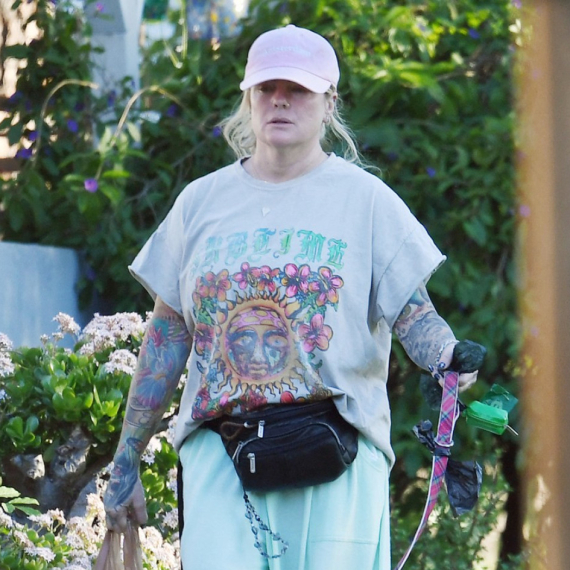
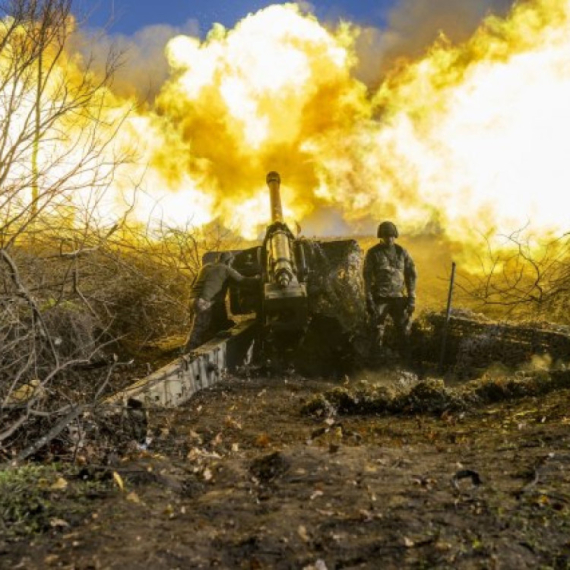
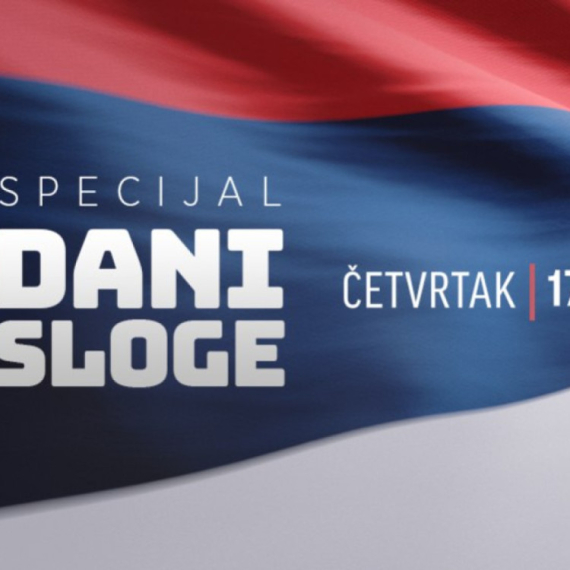
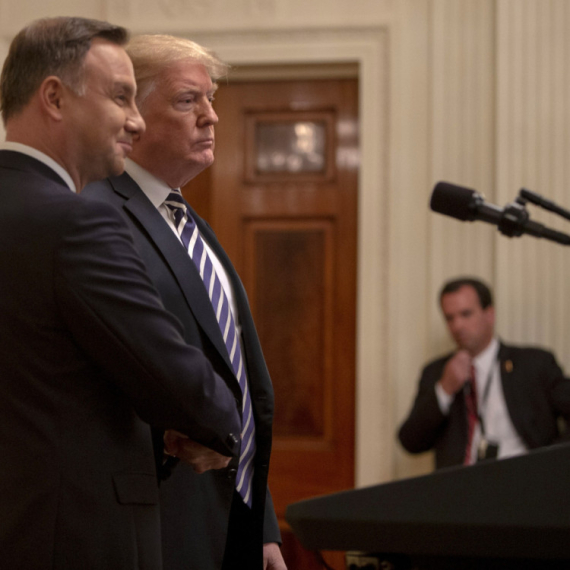

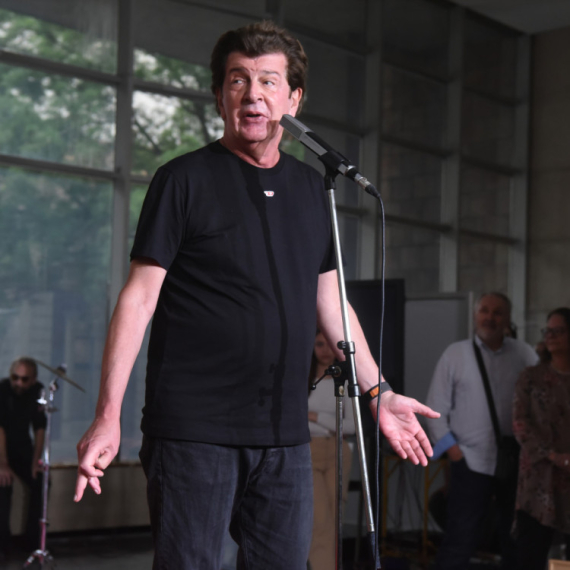

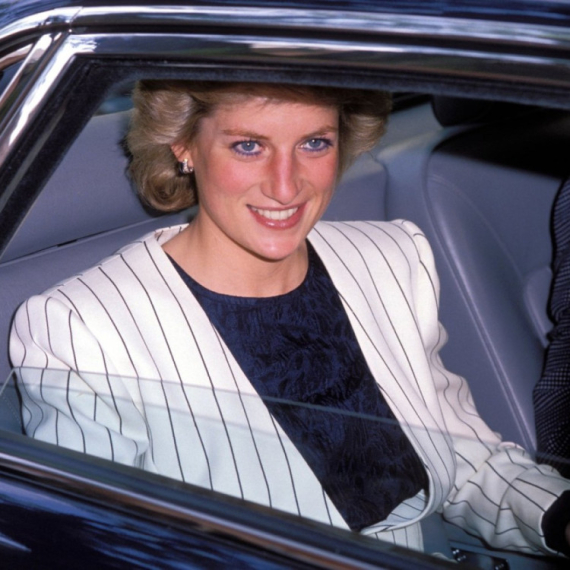
















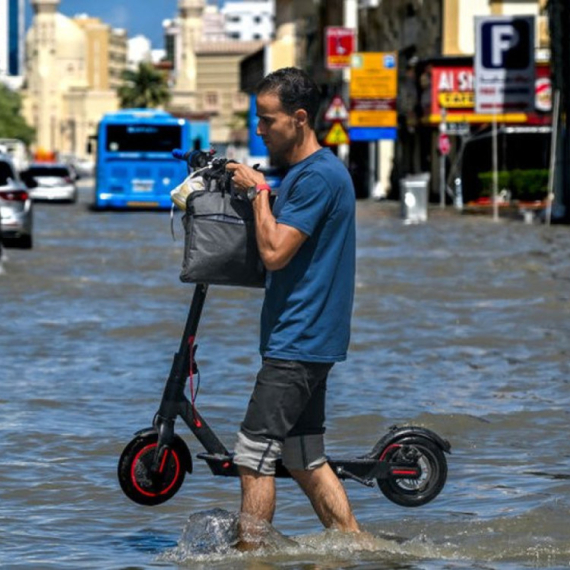
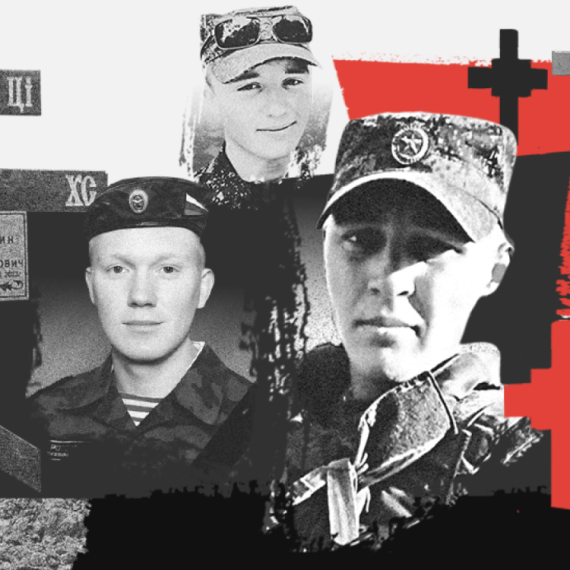

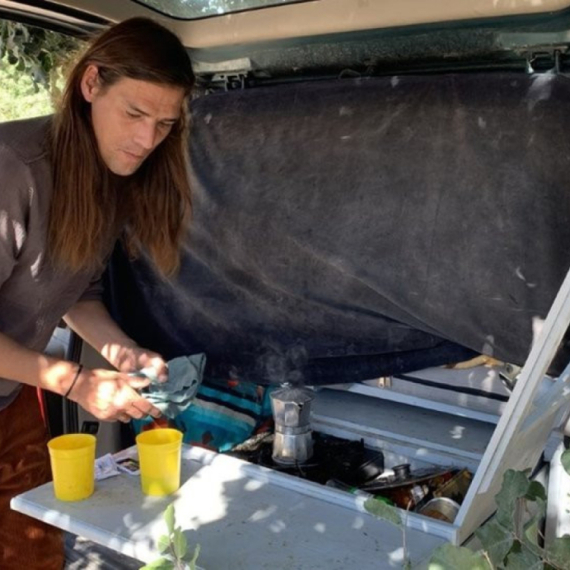
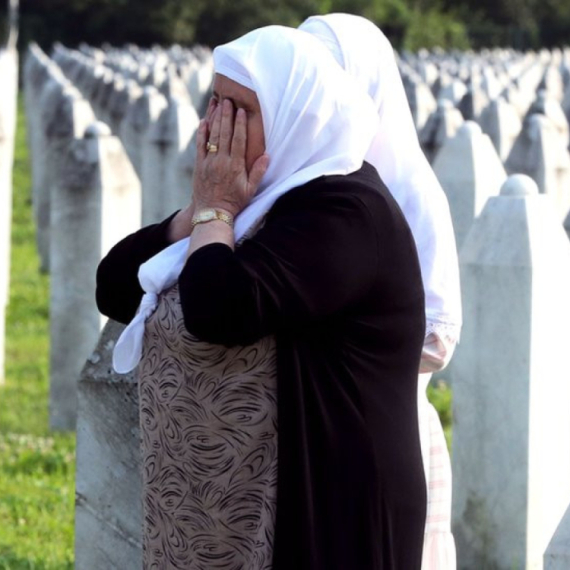

Komentari 13
Pogledaj komentare